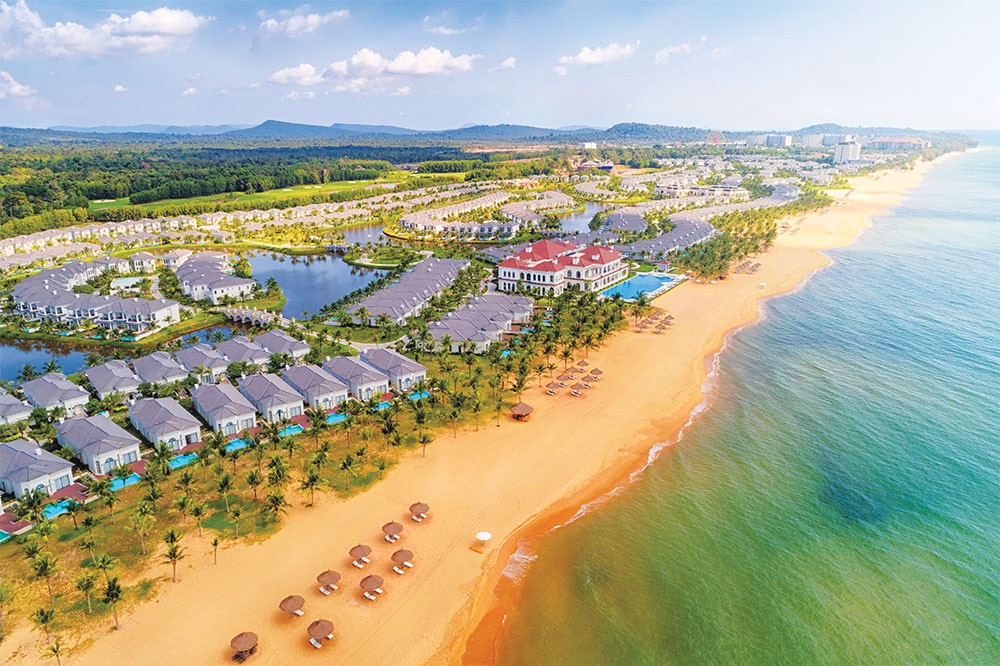Tourism and Real Estate stand as integral and influential components within the global economy.
Tourism encompasses the act of traveling to a destination for leisure, business, or other purposes, while Real Estate involves properties comprising land, buildings, and natural resources, with a focus on development and management. Both sectors exert substantial influence on the environment, society, culture, and progress of diverse regions and nations.
These sectors exhibit a symbiotic relationship, mutually dependent and advantageous. Tourism stimulates demand for real estate, as tourists necessitate accommodation, transportation, entertainment, and various services. In turn, Real Estate caters to tourism by supplying diverse properties, including hotels, resorts, villas, apartments, and commercial spaces.
A common trend in both industries is diversification, involving the expansion and innovation of products and services to address emerging market segments and niches.
Tourism offers increasingly diverse options, such as experiential and adventure tourism, wellness tourism, educational tourism, cultural tourism, and luxury and budget tourism. Simultaneously, Real Estate sectors are evolving by providing specialized and flexible properties like co-living and co-working spaces, serviced apartments, and short-term rentals.
Digital technologies play a pivotal role in both sectors, utilizing online platforms, mobile applications, and artificial intelligence to facilitate and enhance processes and experiences. These technologies empower tourists to search, compare, book, and review travel and accommodation options, while aiding real estate agents and owners in online marketing, sales, and property management.
Sustainability emerges as another shared trend, emphasizing awareness and commitment to minimizing negative impacts and increasing positive contributions to the environment, society, and culture. Tourists and real estate customers are increasingly conscientious and responsible, opting for eco-friendly and socially inclusive destinations, properties, and activities.
The dynamic relationship between tourism and real estate yields various benefits contingent on the context and conditions of a destination. Therefore, comprehending and managing this relationship in a holistic and strategic manner is imperative, aiming to maximize positive outcomes for all stakeholders.


















